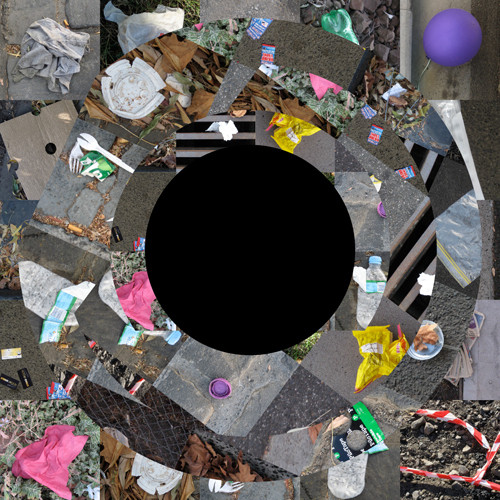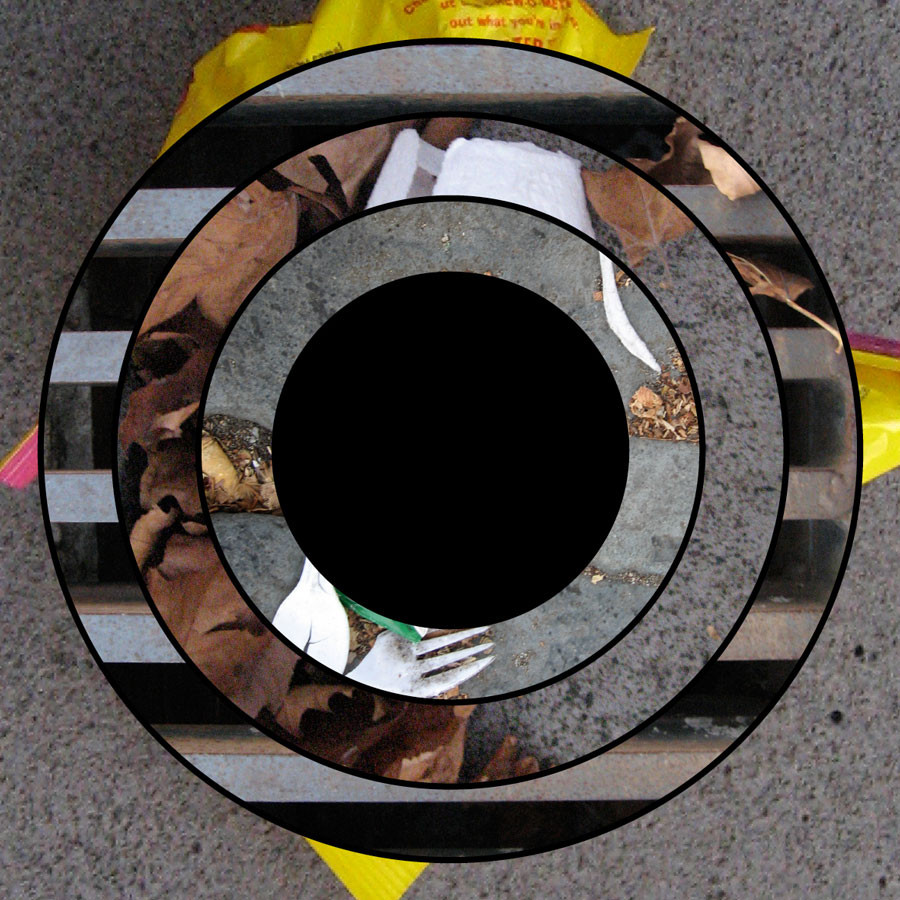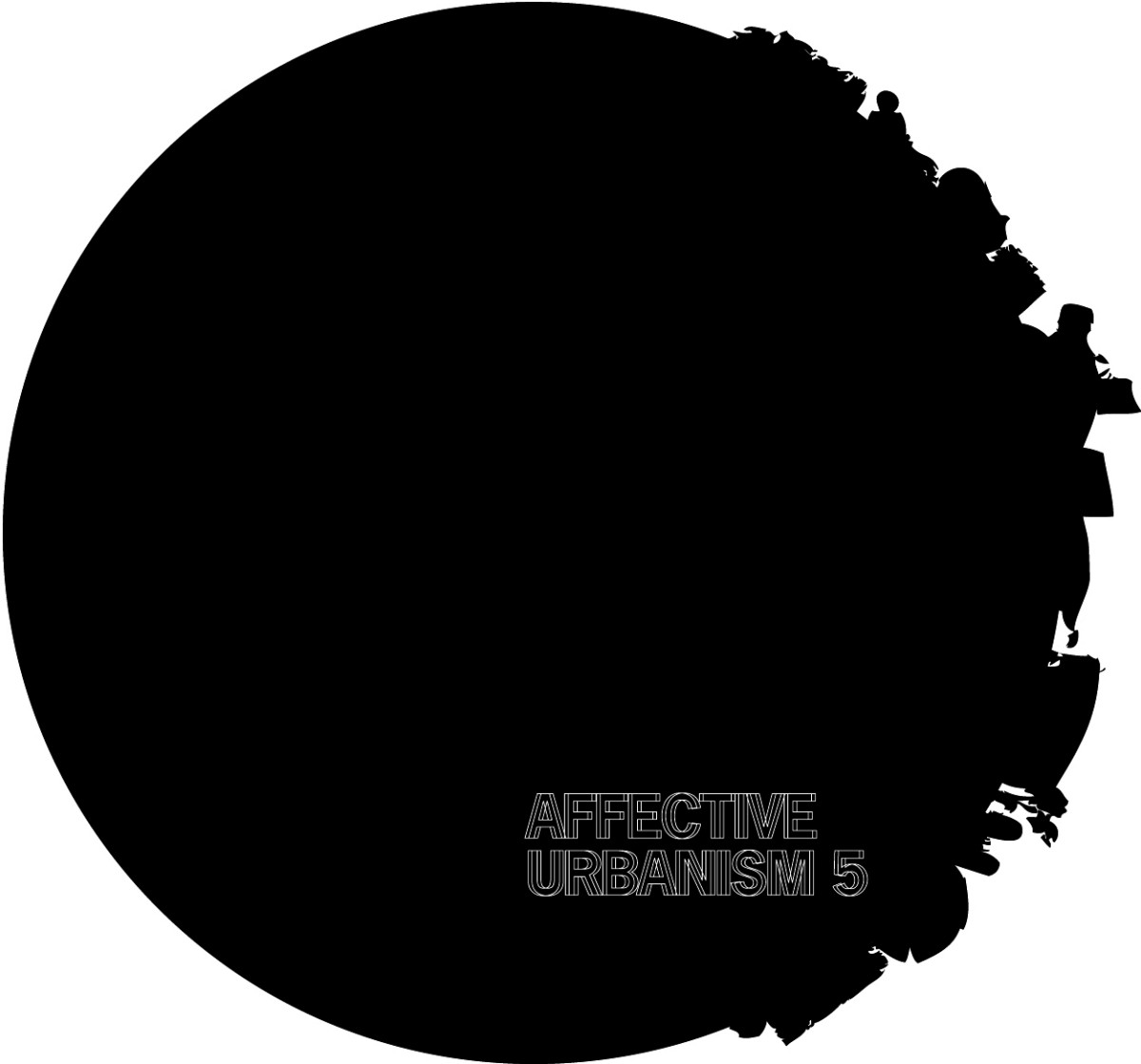Exhibits,
Tim Webster Affective Urbanism
Opening: Tuesday 8 April, 6-8pm Dates: 8 Apr-26 April 2008
‘Affective Urbanism’ is part of a series of small, independent works that explore the emotional response toward the urban environment. As a highly urbanised society, any connection to the urban environment is often only realised when its rhythm is ruptured. How we respond is always relative to what we are used to… our own everyday.
Tim Webster’s exhibition is an archeology of the present, where the viewer is invited to consider the rhythm of the everyday as gleaned from its detritus. Rubbish collected and photographed in the artists home suburb West Melbourne, is woven into an orb and suspended in the centre of the room, illuminated so that the curvature of the sphere is cast in silhouette onto the wall. The horizon morphs as the globe revolves, while the shadows find their own rhythm.
Affective Urbanism 5 is an archeology of the present where the viewer is invited to consider the rhythm of the everyday as gleaned from its everyday discard.
Affective Urbanism is a series of small, independent works that explore our emotional response toward the urban environment. As a highly urbanised society, any connection to the urban environment is often only realised when its rhythm is ruptured. The demolition of a building, the construction of a billboard or simply more people on bikes for a day – we are wired to notice difference. How we respond is always relative to what we are used to… our own everyday.
Presented here at Bus is Affective Urbanism 5, an archeology of the present where the viewer is invited to consider the rhythm of the everyday as gleaned from its everyday discard. Rubbish was collected and photographed over a period of a week in my own familiar territory of West Melbourne. Woven into an orb and suspended in the centre of the room, it is illuminated so that the curvature of the sphere is cast in silhouette onto the wall. The horizon on the wall morphs as the globe revolves while the shadows find their own rhythm. And we remember a new landscape which we had forgotten that we helped to make.

